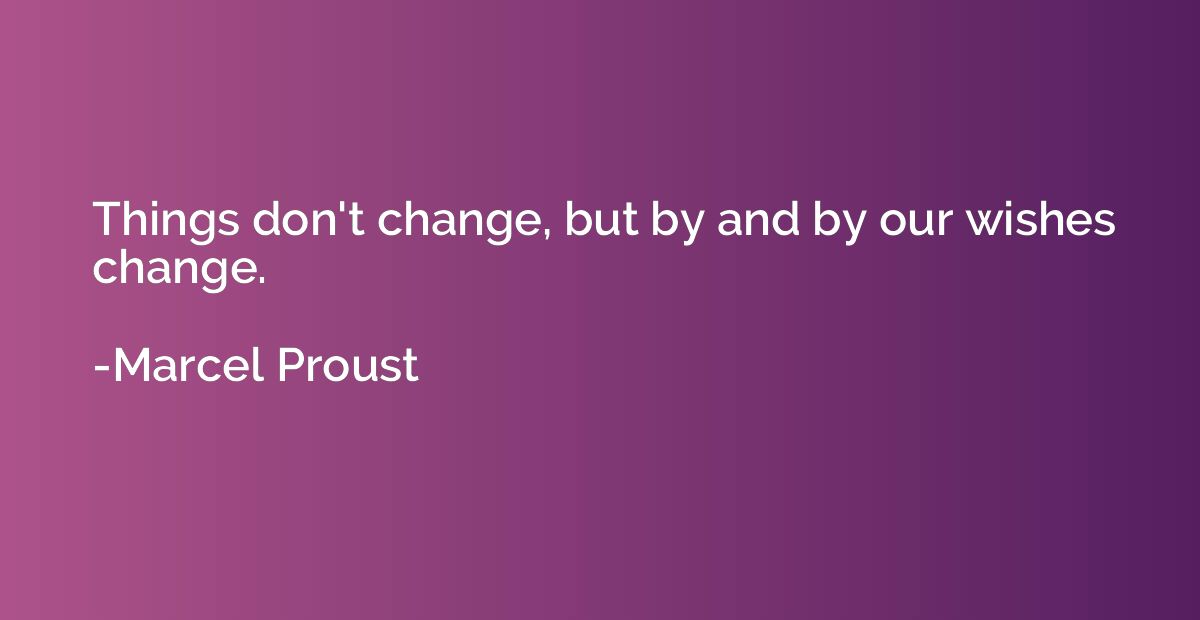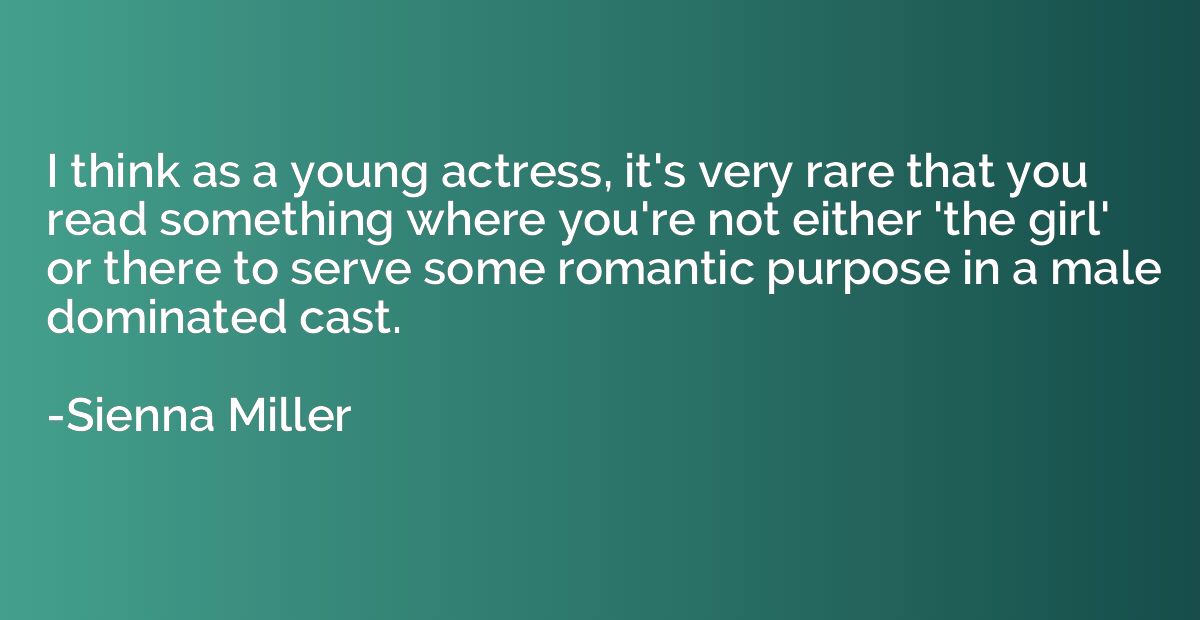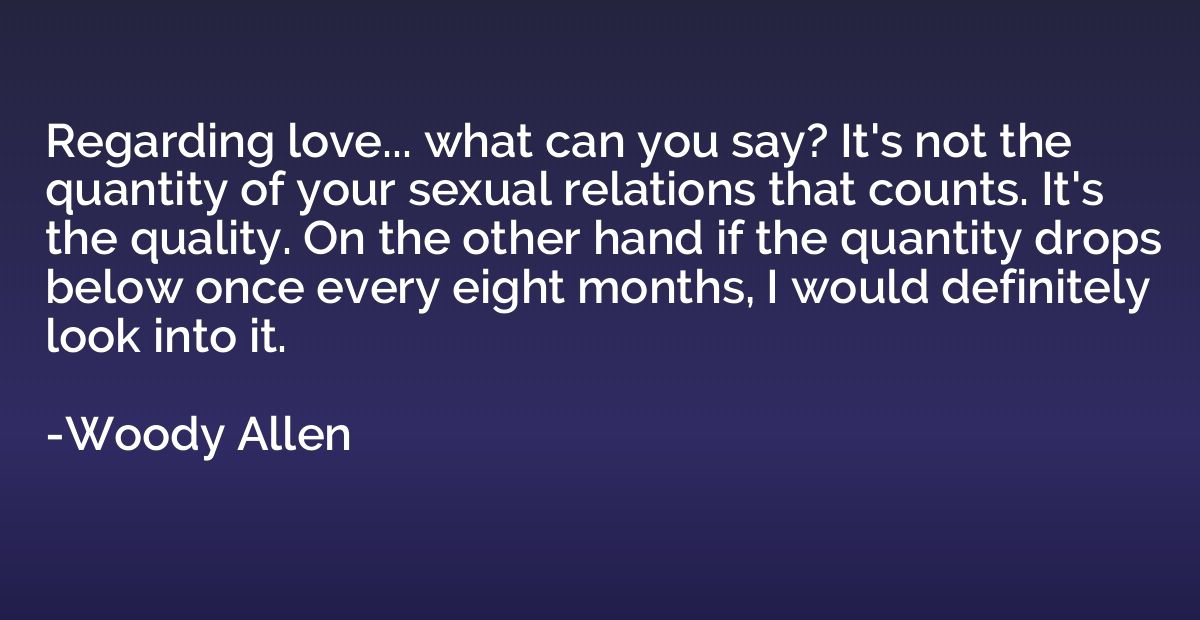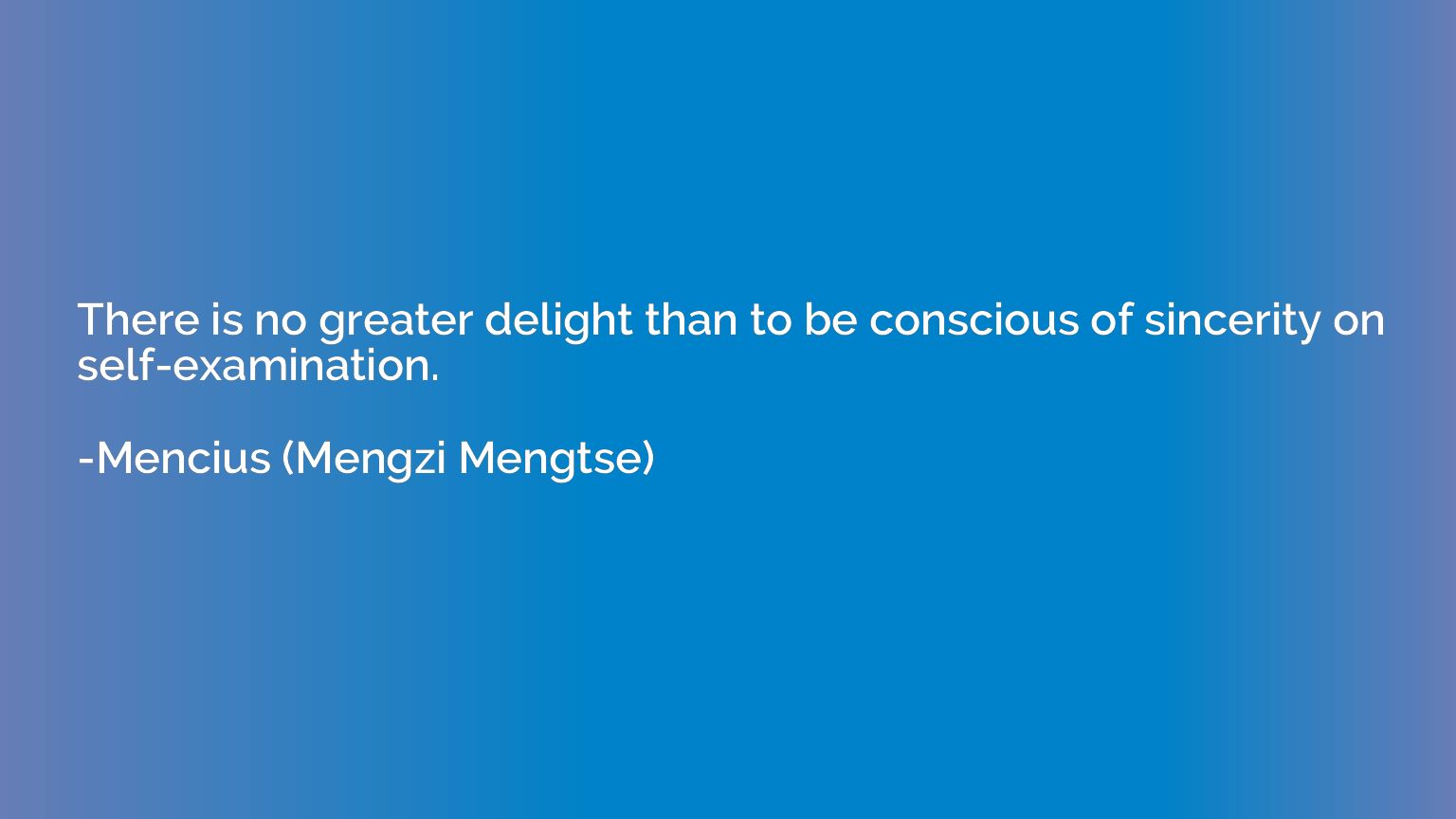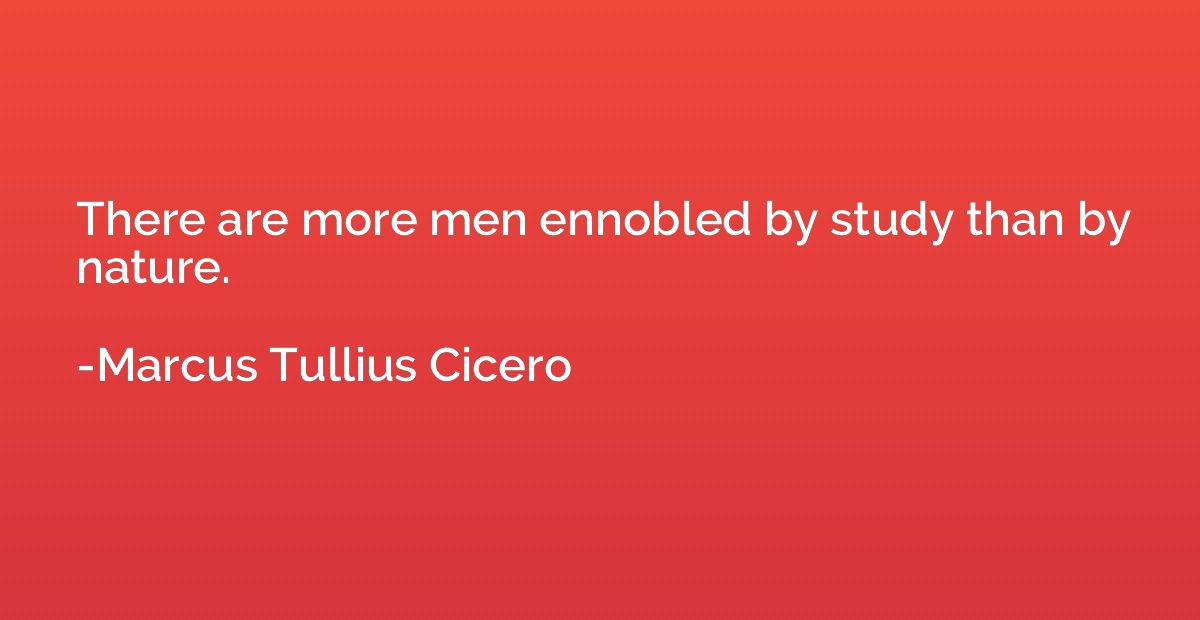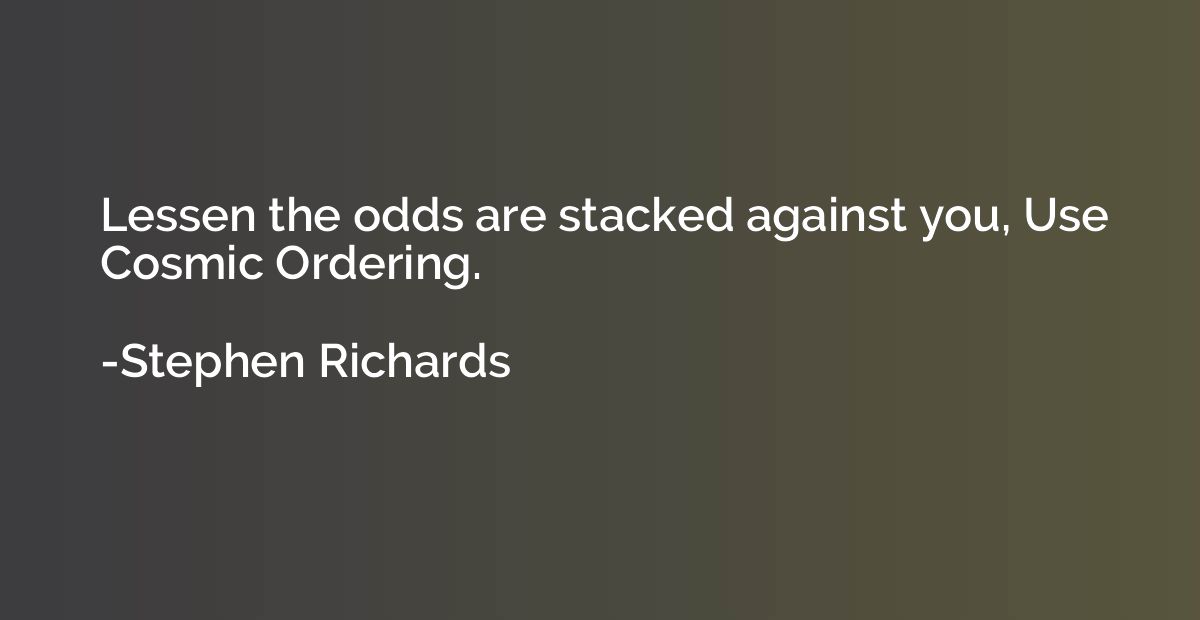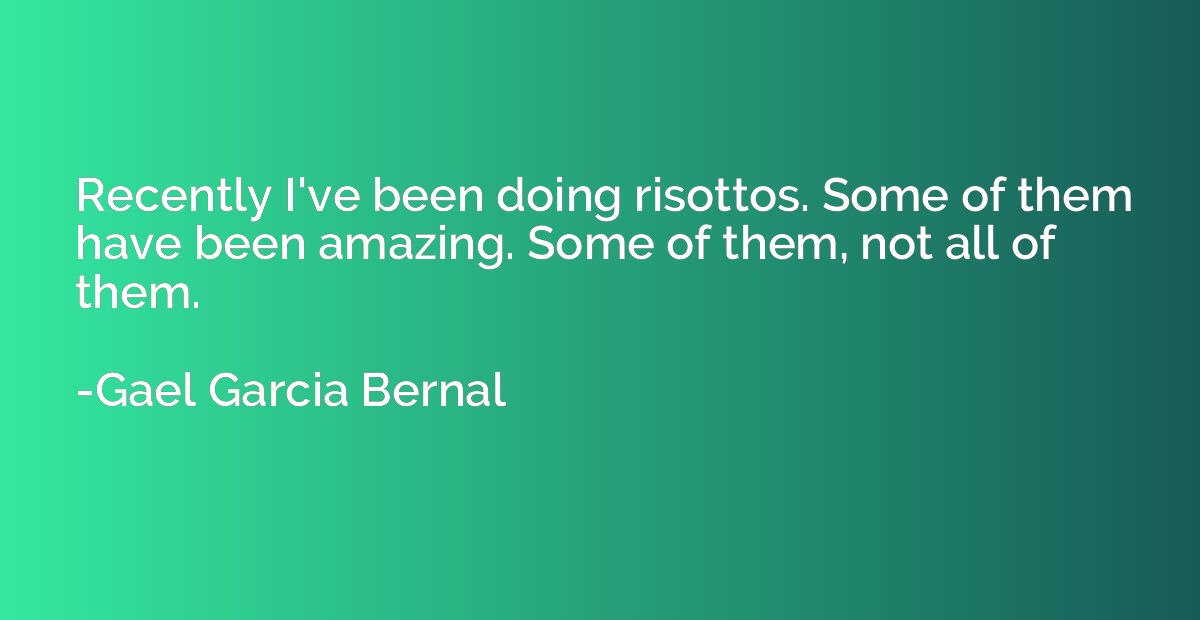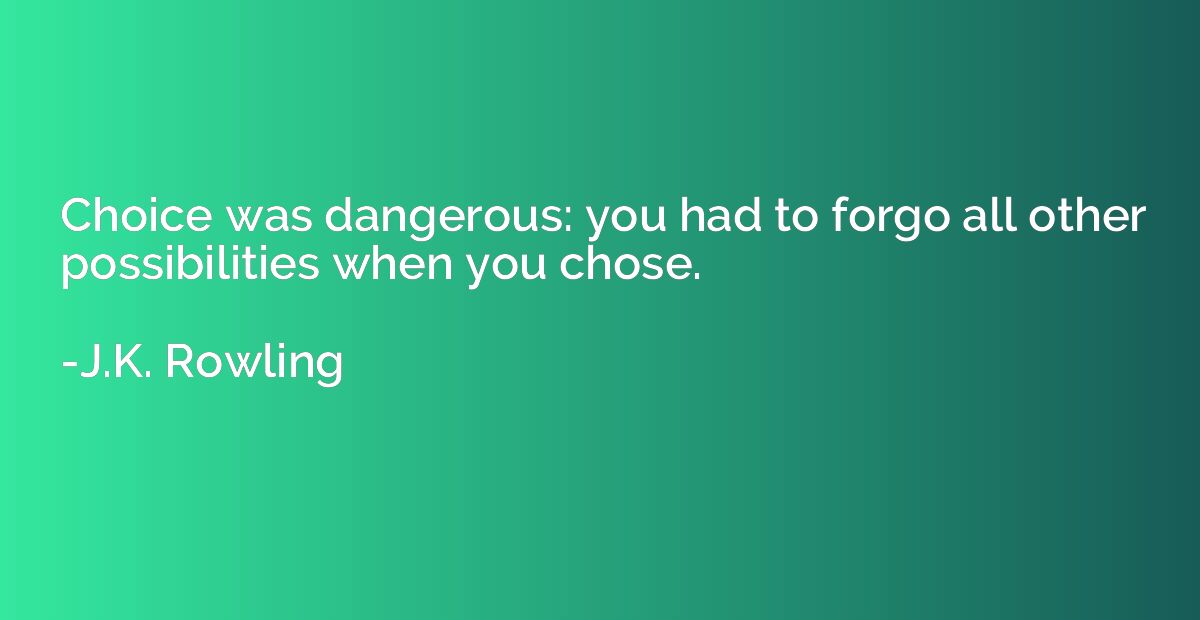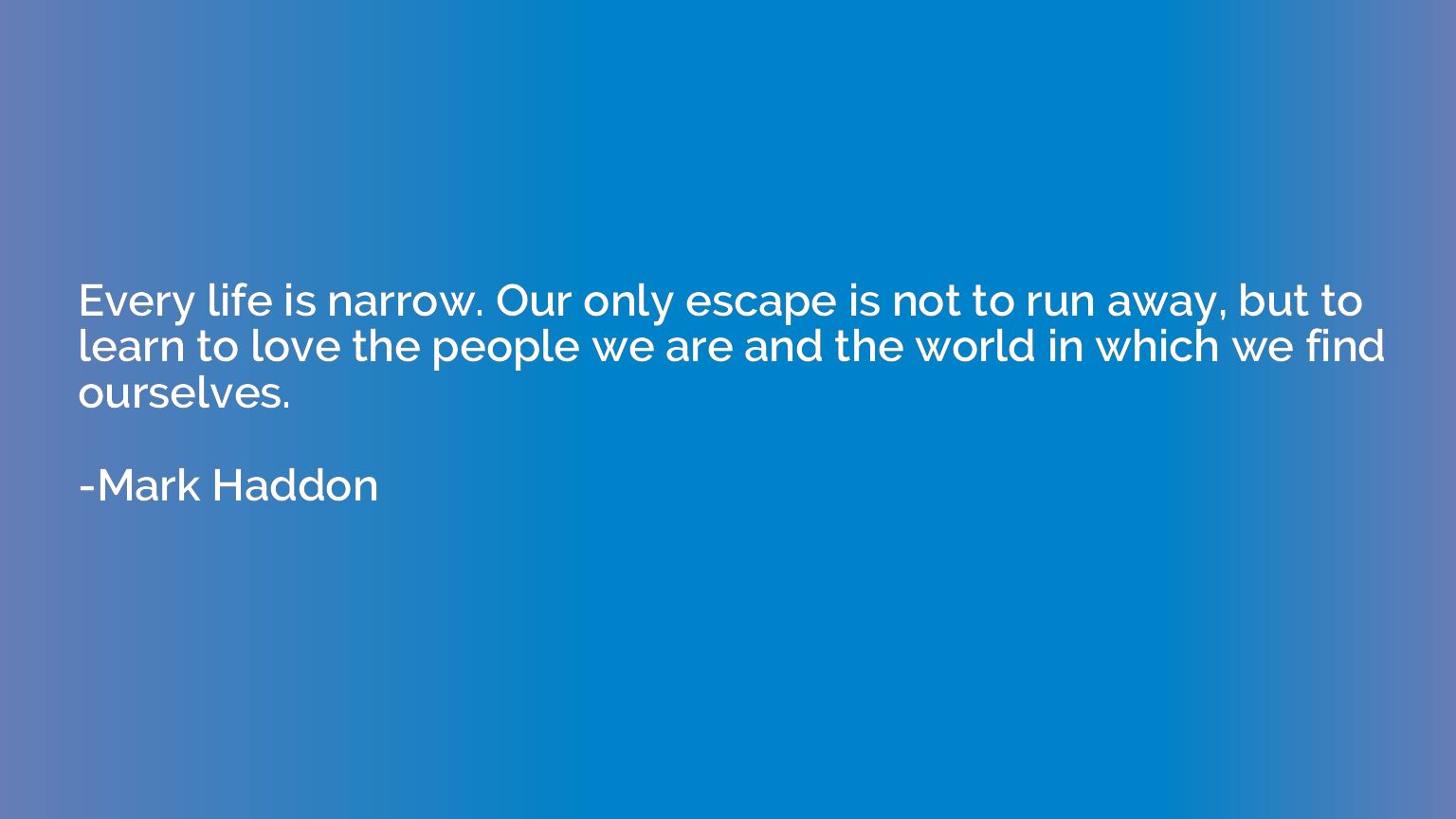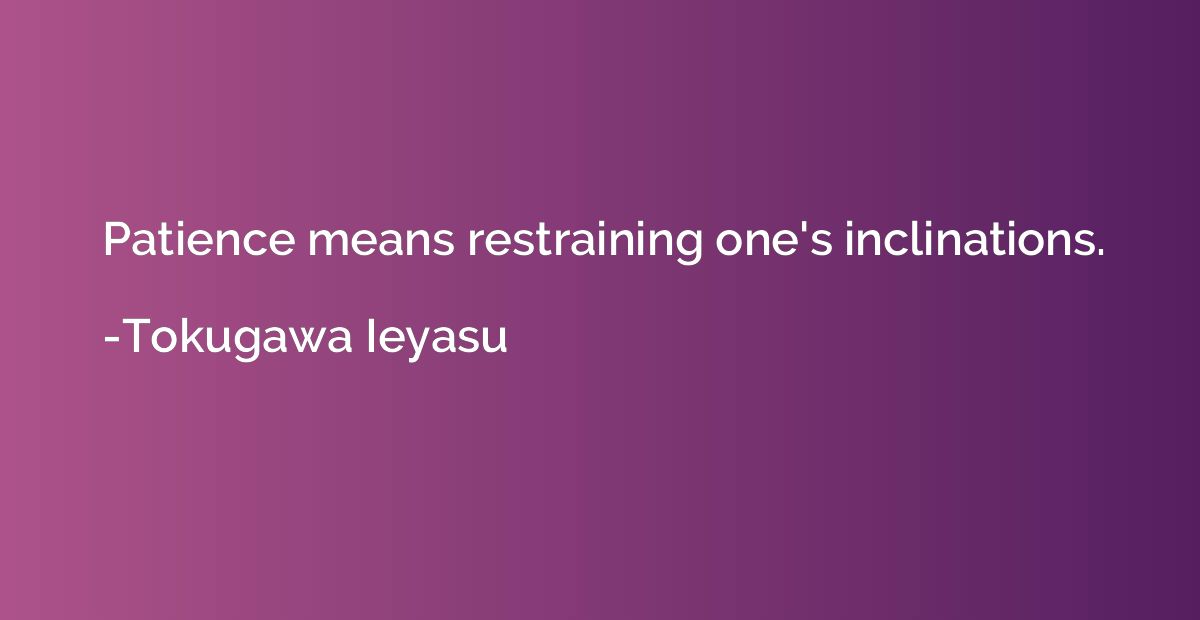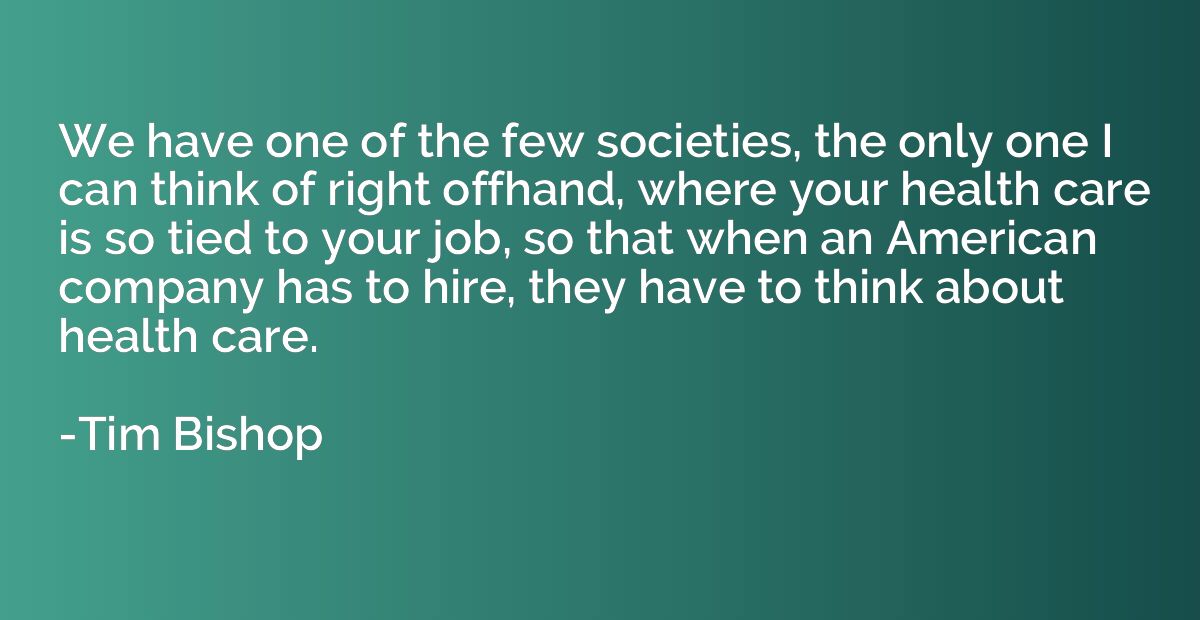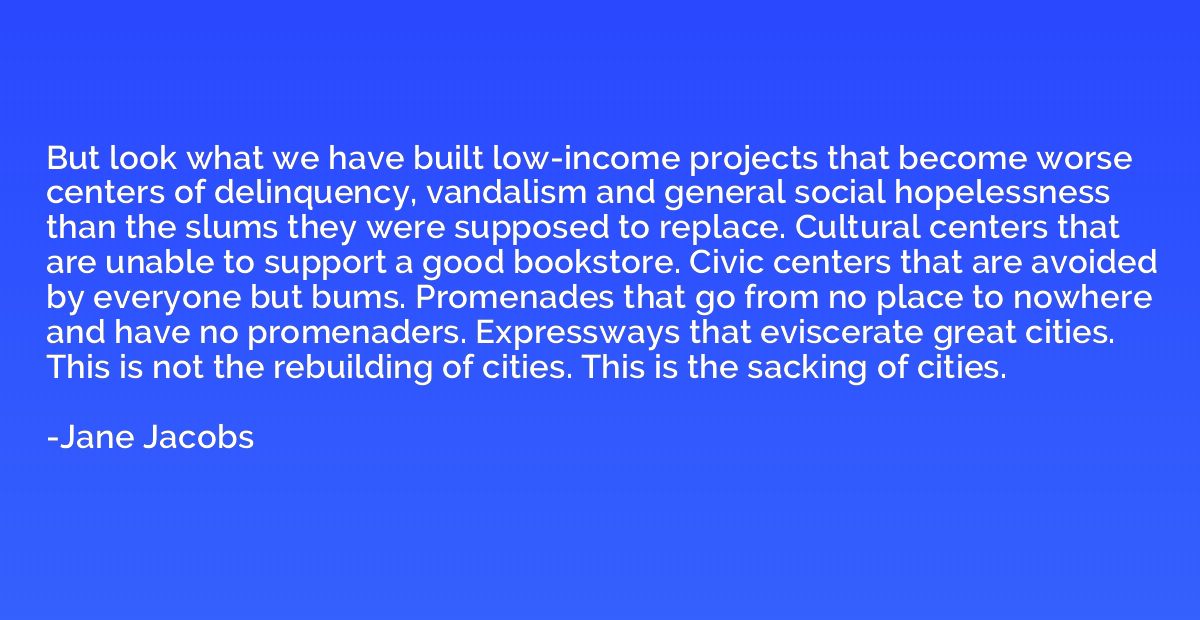Quote by Christopher Hitchens
I resolutely refuse to believe that the state of Edward's health had anything to do with this, and I don't say this only because I was once later accused of attacking him 'on his deathbed.' He was entirely lucid to the end, and the positions he took were easily recognizable by me as extensions or outgrowths of views he had expressed (and also declined to express) in the past. Alas, it is true that he was closer to the end than anybody knew when the thirtieth anniversary reissue of his was published, but his long-precarious condition would hardly argue for giving him a lenient review, let alone denying him one altogether, which would have been the only alternatives. In the introduction he wrote for the new edition, he generally declined the opportunity to answer his scholarly critics, and instead gave the recent American arrival in Baghdad as a grand example of 'Orientalism' in action. The looting and destruction of the exhibits in the Iraq National Museum had, he wrote, been a deliberate piece of United States vandalism, perpetrated in order to shear the Iraqi people of their cultural patrimony and demonstrate to them their new servitude. Even at a time when anything at all could be said and believed so long as it was sufficiently and hysterically anti-Bush, this could be described as exceptionally mendacious. So when the invited me to review Edward's revised edition, I decided I'd suspect myself more if I declined than if I agreed, and I wrote what I felt I had to.Not long afterward, an Iraqi comrade sent me without comment an article Edward had contributed to a magazine in London that was published by a princeling of the Saudi royal family. In it, Edward quoted some sentences about the Iraq war that he off-handedly described as 'racist.' The sentences in question had been written by me. I felt myself assailed by a reaction that was at once hot-eyed and frigidly cold. He had cited the words without naming their author, and this I briefly thought could be construed as a friendly hesitance. Or as cowardice... I ca
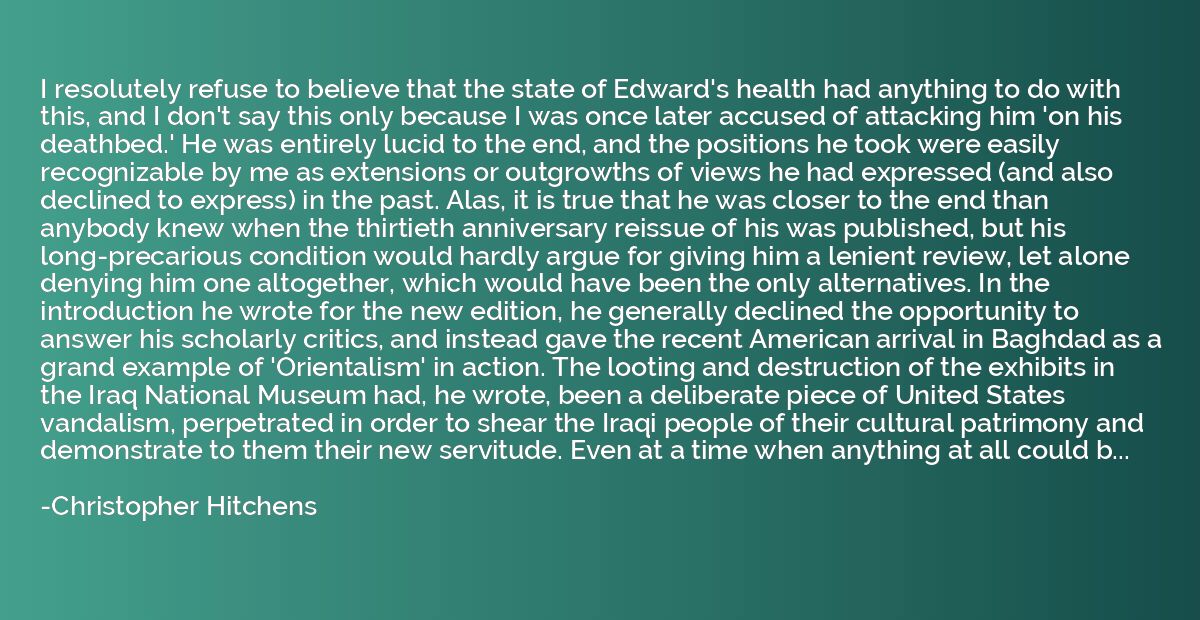
Summary
This quote reflects the author's refusal to accept that the declining health of someone named Edward affected their ability to express their views. The author argues that Edward remained clear-minded and his opinions mirrored his previous beliefs. Despite Edward's proximity to death, the author dismisses the idea that this should influence the assessment of his work. They highlight Edward's criticism of American actions in Iraq and label it as deceitful, even in a time when anti-Bush sentiments were widespread. Furthermore, the author recalls a situation in which Edward quoted their own words without attribution, causing them to question Edward's intentions and character.



